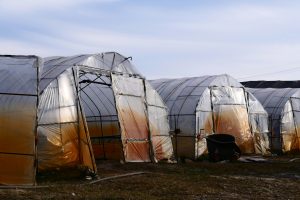Resources
Check out our resources for workers, on the ground evidence based research, policy briefs, reports on our cases, and outcomes from events with workers.

Check out our resources for workers, on the ground evidence based research, policy briefs, reports on our cases, and outcomes from events with workers.
